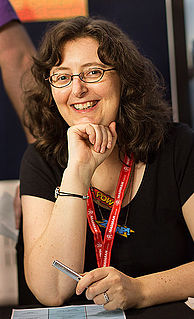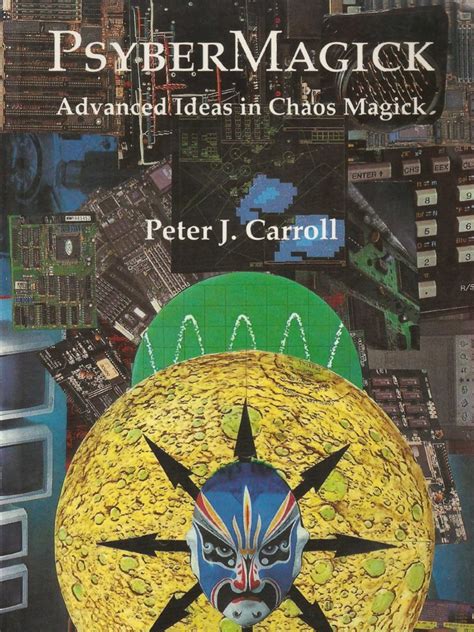A Quote by Paul Davies
The thing about lucid dreams is that it's not like the real world where you are constrained by all sorts of things, including the laws of physics - you can do magic.
Related Quotes
The first thing to realize about physics ... is its extraordinary indirectness.... For physics is not about the real world, it is about "abstractions" from the real world, and this is what makes it so scientific.... Theoretical physics runs merrily along with these unreal abstractions, but its conclusions are checked, at every possible point, by experiments.
There are 3 kinds of magic in our world. The peddling little magician magic like Uncle Andrew in 'The Magicians Newphew' where people mess around with things they don't understand. It's movie magic. Then there is the magic of the evil side of things. The demonic forces. And that's not really magic... it's corruption of what really exists. And then finally there is the magic of the Holy Spirit of God which is the creation and maintenence of the universe. We don't understand it... and we haven't the faintest idea how He does it. But it's real. That's the deep magic.
The first rule of world-building is available physics, which basically means that if you want it to feel real, it has to follow the same rules as this world, from gravity to how human behaviour works. If you have a fantasy element that doesn't obey the laws of physics, make sure that it has a fantasy explanation.
The first rule of world-building is available physics, which basically means that if you want it to feel real, it has to follow the same rules as this world, from gravity to how human behaviour works. If you have a fantasy element that doesnt obey the laws of physics, make sure that it has a fantasy explanation.
There is no science in this world like physics. Nothing comes close to the precision with which physics enables you to understand the world around you. It's the laws of physics that allow us to say exactly what time the sun is going to rise. What time the eclipse is going to begin. What time the eclipse is going to end.
The thing about physicists is that they tend to think that everything is physics. I don't. That's not what music is to me. You can explain aspects of it in physical terms, including the physics of anatomy: how our bodies move, the torsional moment of inertia, the way you move your body to a beat, the inherent periodicities of the heartbeat, the gait. That's physics, too, I guess - maybe they'd call it biophysics.
One of the most exciting things about dark energy is that it seems to live at the very nexus of two of our most successful theories of physics: quantum mechanics, which explains the physics of the small, and Einstein's Theory of General Relativity, which explains the physics of the large, including gravity.
I regard physics as that subset of magic that works fairly reliably. I regard magick, in the traditional sense, as a kind of physics that we strive to understand and render more reliable. So it all comes down to the same thing, a quest to understand and manipulate the world with a self-consistent and coherent theory .





































